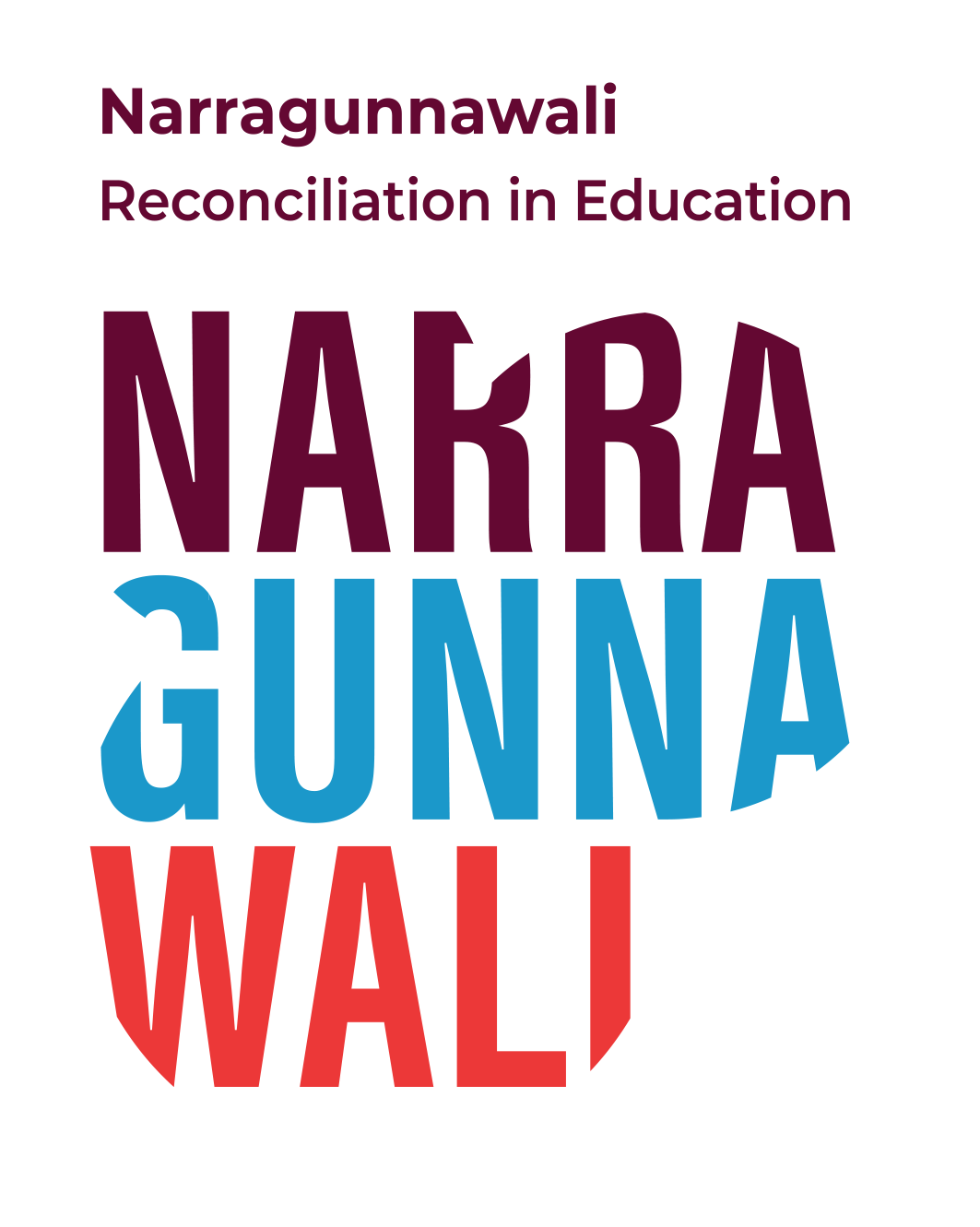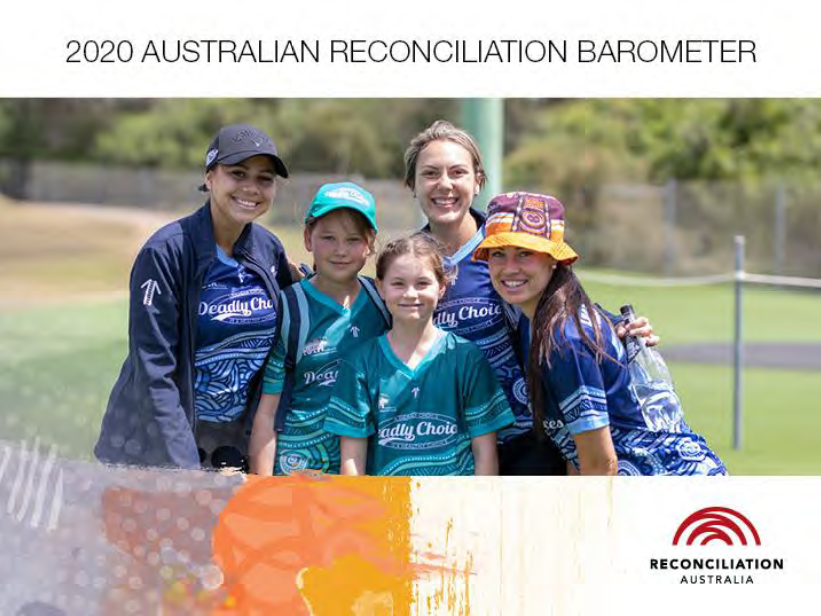Reconciliation Resource: 2020 Australian Reconciliation Barometer
The findings of Reconciliation Australia’s newly released 2020 Australian Reconciliation Barometer have far-reaching and important significance for fostering reconciliation in education.
Running since 2008, the Australian Reconciliation Barometer is a biennial national research study, and the only survey undertaken in Australia which measures the progress of reconciliation between Aboriginal and Torres Strait Islander people and non-Indigenous Australians.
It provides a snapshot of the attitudes and perceptions First Nations and non-Indigenous Australians hold about each other and about reconciliation, mapping Australia’s progress towards the five dimensions of reconciliation.
While improvements in Aboriginal and Torres Strait Islander health, employment, housing and education are essential for the reconciliation process, equally important, and at the core of reconciliation, is the relationship between First Australians and those who have come since.
Findings
The 2020 Australian Reconciliation Barometer shows a continuation of sustainable change across many areas, with small but steady improvements from previous barometers across many key reconciliation measures.
- The 2020 Barometer finds that 95% of Aboriginal and Torres Strait Islander people, and 91% of the general community, believe that our relationship with one another is important.
- More than 60% of people in the general community are proud of Australia’s Aboriginal and Torres Strait Islander cultures, and want to do something to help improve reconciliation.
- Over 80% believe it is important for Aboriginal and Torres Strait Islander histories and cultures to be taught in schools.
- Most Australians believe formal truth-telling processes should be undertaken in Australia, while more accept key accounts of Australia’s history as factual, and believe it is important for all Australians to learn about past issues.
- There has been an increase in both First Nations and non-Indigenous communities since 2018 of people who strongly agree the education sector should do something to help improve reconciliation.
- Aboriginal and Torres Strait Islander respondents were almost twice as likely to report low trust with school staff, compared with the general community.
- More than half of Aboriginal and Torres Strait Islander respondents have experienced at least one form of racial prejudice in the last 6 months. This is an increase from the 2018 Barometer – rising from 43%.
- Sixty percent of Aboriginal and Torres Strait Islander People agree that Australia is a racist country (compared with 43% of the general community)—a marked increase from the previous Barometer – up from 51%.
Reconciliation takes action
Like any effective barometer, the Barometer shows us changes, and we measure those changes against areas where we must continue to take action to do better.
As attitudes and perceptions between Aboriginal and Torres Strait Islander and non-Indigenous Australians change, education institutions and educators are crucial advocates and leaders on the road to a more reconciled nation.
Reconciliation is built on relationships and we are encouraged to see that support for this key relationship remains high even in these testing times we have seen in 2020.
Overall, the findings suggest that educational institutions need to support initiatives that celebrate, promote and enhance public education about First Peoples’ histories, cultures, and achievements.
Likewise, the government, working with educators, should partner with First Peoples to improve the teaching of First Nations history and culture in our schools.
The worryingly high incidence of First Nations respondents facing racial prejudice tells us that public education and campaigns around racism are now more important than ever.
Overall, the Barometer tells us that even in a changing world, engagement with reconciliation is still a priority.
- Read the 2020 Australian Reconciliation Barometer: https://www.reconciliation.org.au/australian-reconciliation-barometer-2020/
NOTE: Since this article's publication in 2020, Reconciliation Australia has lauched the 2022 Australian Reconciliation Barometer. To learn more, see the ARB 2022: Results for Educators article.


